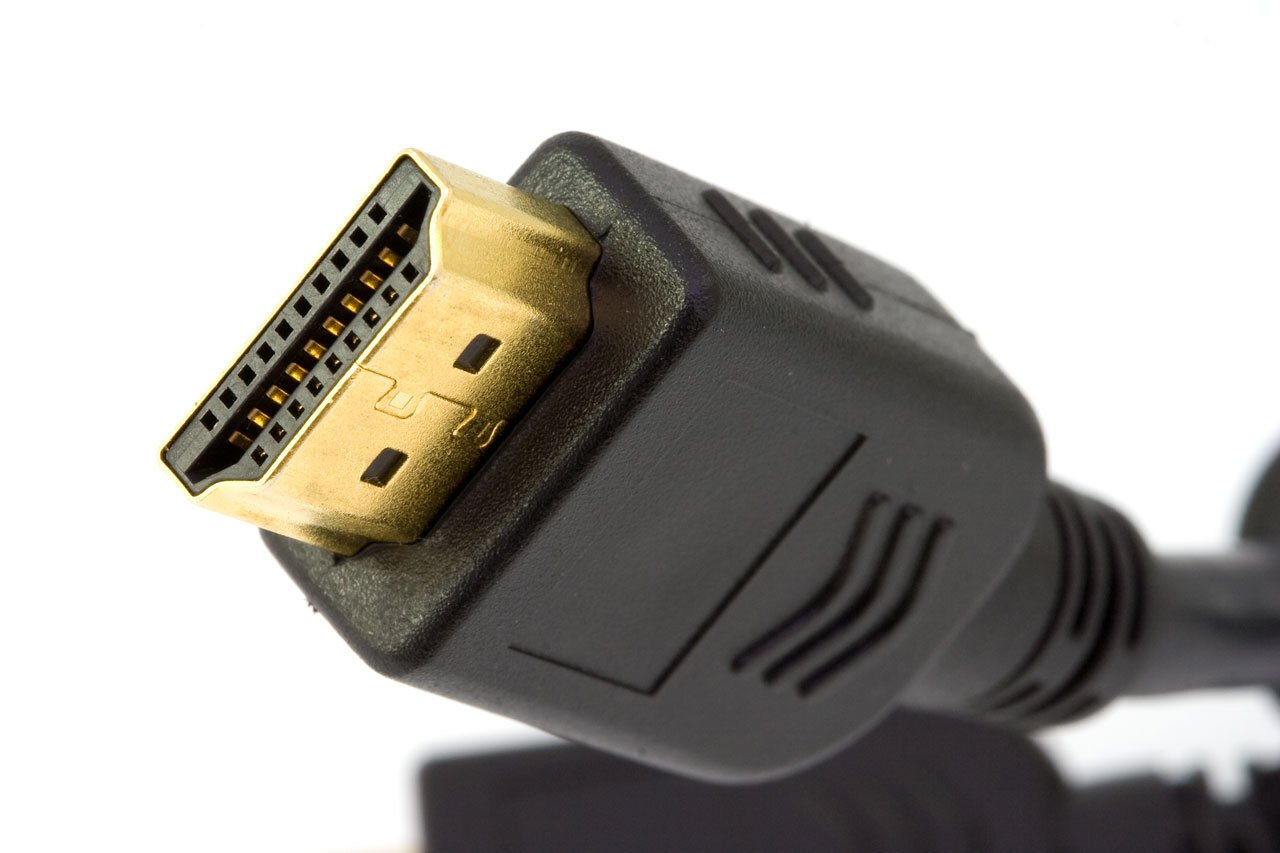Roku is exploring ways to show consumers ads on its TVs even when they are not using its streaming platform: The company has been looking into injecting ads into the video feeds of third-party devices connected to its TVs, according to a recent patent filing.
This way, when an owner of a Roku TV takes a short break from playing a game on their Xbox, or streaming something on an Apple TV device connected to the TV set, Roku would use that break to show ads. Roku engineers have even explored ways to figure out what the consumer is doing with their TV-connected device in order to display relevant advertising.



Any company trying to use the HDMI-CEC protocol in such a subversive manner should lose their license to the HDMI standard IMO.
The HDMI forum is run by big companies so that is not happening, sorry
Death to HDMI. DisplayPort is the superior port.
I’m sure that a DisplayPort device in a chain can also inject video, but I have to admit that I would kind of like to not have two competing video standards, and my impression is that DisplayPort tends to lead HDMI technically, so…
DisplayPort: We have
HDMI: Oh yeah? Well, we have
Fuck HDMI.
Oh and HDMI prevents open source GPU drivers supporting HDMI 2.1 natively.
Well, DP supports HDCP too.
It’s not like they ever properly implemented it in the first place.
I’m mad that they did their broken implementation of sending control codes between devices that never works. I have to disable it on everything so that the correct input gets set.
And then they are killing the universal remote industry so there is nothing to replace it with.
The bastards that control the hdmi standard: yeah!
Roku: 💰
Bastards: actually no
Collectivism: 💰💰 Fuck Roku.
You know HDMI is not some big secret they can use it without the license and ship from overseas like 90% of shit shipped from China.
For cheap gizmos I can see a chinese seller getting away with it (rebranding under another weird name like AWOYO or something, in a sea of identical devices under different brand names), but not a large business like Roku.
Funnily enough, Flipper did exactly that and the Zero is still doing fine. It’s a loophole, but it does seem to be working fine-ish.
HDMI Forum have instead resorted to taking GPU manufacturers hostage because they don’t want any specs leaking, that’s why AMD were denied being allowed to support latest HDMI in their free Linux drivers.
That only works if you’re headquartered in China.
Not that the HDMI Fourm will stop them, anyway. More likely, the companies involved will want to license Roku’s patent.